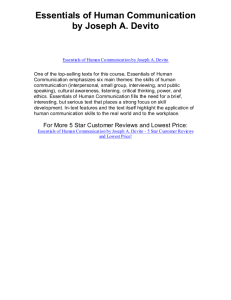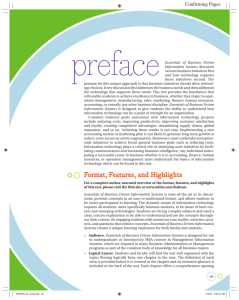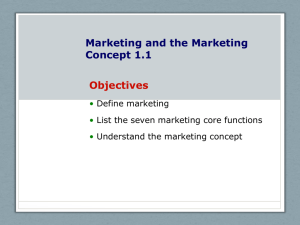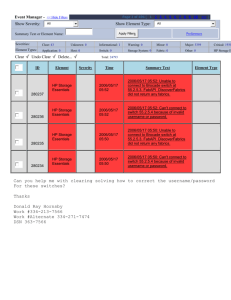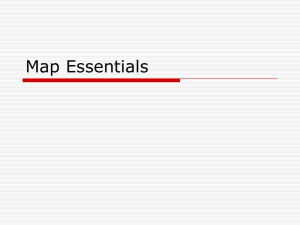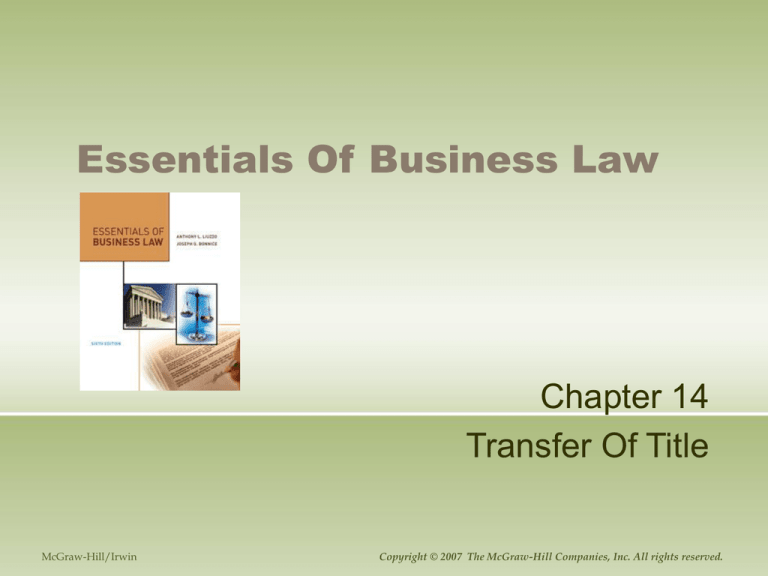
Essentials Of Business Law
Chapter 14
Transfer Of Title
McGraw-Hill/Irwin
Copyright © 2007 The McGraw-Hill Companies, Inc. All rights reserved.
Right Of Ownership
The laws of our country recognize the right of
individuals to own property
Title relating to property is intangible
Title give the owner the right to possess it
Sale of property
Owner’s sell not only the property but also the
intangible right of ownership called title
Certificate of title
Is not title but rather proof of title
A department store bill of sale can be used as
proof of ownership
Essentials of Business Law
Chapter 14-2
Kinds Of Property
Real property
Land and all articles permanently attached to it
Personal property
All property other than real property
Can be tangible or intangible
The Uniform Commercial Code only applies to
personal property
Real property is governed by a separate branch
of law
Essentials of Business Law
Chapter 14-3
Bill Of Sale
A written statement that the seller is
passing ownership to the buyer
The description of the goods should be as
complete as possible
Essentials of Business Law
Chapter 14-4
Bill Of Lading
A receipt for goods to be shipped
Acknowledges that such goods have been received
Indicates agreement that the goods will be
transported to the destination specified
Prepared by the common carrier
Trucking firm, a railroad, or an ocean liner
An airbill is prepared for goods shipped by air
The document is signed by the common carrier
upon acceptance of the goods for shipment
Essentials of Business Law
Chapter 14-5
Bill Of Lading
Two kinds of bills of lading
Straight bill of lading
• A receipt that is not negotiable
Order bill of lading
• A receipt that is negotiable
• Proof of title and can be used to transfer title from
one person to another
• Covered by Article 7 of the UCC
Essentials of Business Law
Chapter 14-6
Warehouse Receipt
Goods involved are being stored
Two kinds of warehouse receipts
Nonnegotiable warehouse receipt
• A receipt that is not negotiable
Negotiable warehouse receipt
• A receipt that is negotiable
• Proof of title and can be used to transfer title from
one person to another
Essentials of Business Law
Chapter 14-7
When Title Passes
Intent
When the parties intend for it to pass
Specific time
When the parties unconditionally agree to sell
specific goods that are in a deliverable state
Essentials of Business Law
Chapter 14-8
Conditional Sale
Contract provisions that specify conditions
that must be met by one of the parties
Title does not generally pass until these
conditions are met
Two types of conditions found in contract
Conditions precedent
• Specific conditions must be met before title passes
Conditions subsequent
• Specific conditions must be met after title has
passed
Essentials of Business Law
Chapter 14-9
Stolen And Lost Goods
A thief has no title to goods he or she has stolen
Cannot pass title to anyone else
An innocent purchaser of stolen items would have to
return them to the original owner
A person who finds an article has good title
against anyone except the true owner
Those purchasing found items must be prepared to
surrender the articles to the true owner
Proving ownership of a lost article can be difficult
• It is recommended to retain receipts with model and serial
numbers of valuable personal property
Essentials of Business Law
Chapter 14-10
Transfer Of Title By
Estoppel
Estoppel
A legal bar to the use of contradictory words
or acts in asserting a claim against another
The title holder is legally prevented from
claiming ownership of the property
Essentials of Business Law
Chapter 14-11
Transfer Of Title By
Estoppel
For title to pass by estoppel, the purchaser
must be able to prove:
The purchase was made in good faith
• Buyer believes the seller is the real owner or
one appointed to act for the real owner
The purchase was made from one in rightful
possession
Value was given by the buyer for that which he
or she now claims ownership
Essentials of Business Law
Chapter 14-12
Examples Of Estoppel
Transfer of money or commercial paper
made out to bearer
Transfer of property to a seller dealing in
the same type of goods
Transfer of property to a seller permitted to
appear as the real owner
Transfer of proof of ownership to an
unauthorized seller
Essentials of Business Law
Chapter 14-13
Transfer Of Title To
Fungible Goods
Goods that are sold by weight or measure
Wheat, sugar, flour, gasoline, oil
The following rules apply to determine when title
to fungible goods passes
If goods are ordered without specifying the location
from which they are to come
• Title passes when the goods become clearly identifiable
If a buyer orders a specific quantity of fungible goods
from a specific mass
• Title passes at once, before the portion ordered is separated
from the rest
• The buyer acquires immediate title to an undivided share of
the specific mass because the units of oil are all the same
Essentials of Business Law
Chapter 14-14



